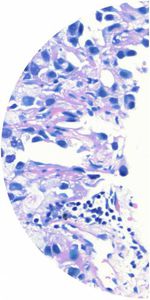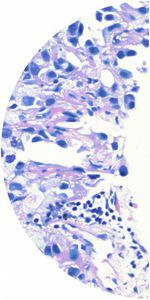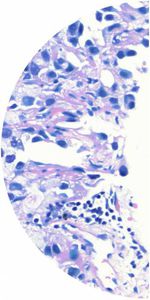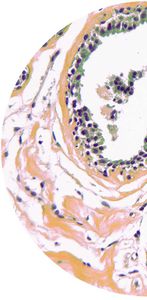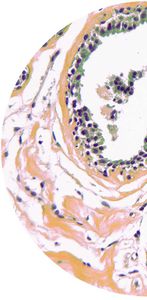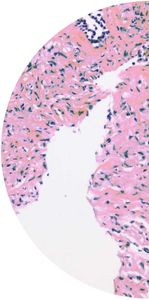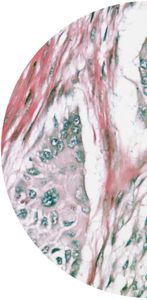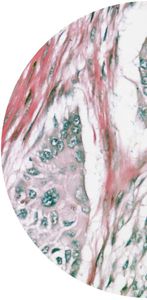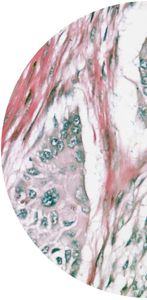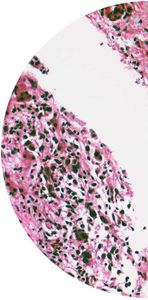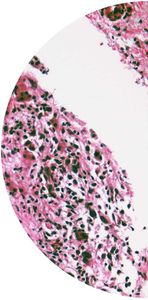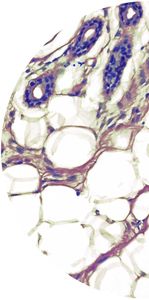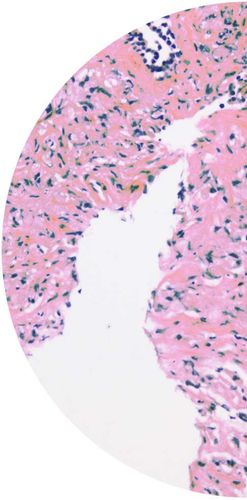
Bladder cancer test kit UROCAN™ for kidney canceroncologyfor precision medicine
Add to favorites
Compare this product
fo_shop_gate_exact_title
Characteristics
- Applications
- bladder cancer, for kidney cancer
- Application field
- oncology, for precision medicine
- Tested parameter
- MMR, MSI
- Sample type
- plasma, FFPE tissues, liquid biopsy
Description
Urologic cancers are cancers of the urinary tract, including bladder cancer, renal (kidney) cancer and those specific to men, such as prostate cancer and testicular cancer. Prostate cancer is one of the most commonly diagnosed malignancies in men.
The current treatment landscape for urologic cancers includes surgery, radiation therapy, chemotherapy and androgen deprivation therapy (ADT) for prostate cancer. Patients, however, often face recurrences and resistance to these treatments. Novel biomarkers help with prognosis of current treatments and development of targeted therapies and immunotherapies to improve therapeutic interventions.
Targets 61 key genes in bladder and renal cancer
Comprehensive testing of PDGFRA/B, c-KIT, RET receptor tyrosine kinase variants (amplification, point mutation and fusion) to guide targeted therapy
Analyzes key genes in PI3K-mTOR and MAPK pathways
Evaluates microsatellite instabilities (MSI) and mismatch repair deficiency (dMMR) to better inform immunotherapy decisions
Predicts efficacy and toxicity of chemotherapy based on associated genetic biomarkers
Assesses genetic predisposition to cancers
WHO IS IT FOR
Urologic cancer patients seeking personalized medicine
Urologic cancer patients with recurrent disease
SAMPLE TYPES
Tumor tissue (FFPE block/slides, or frozen tissue)
Fine needle biopsy
Liquid biopsy (plasma and others)
Catalogs
No catalogs are available for this product.
See all of Geneseeq‘s catalogsRelated Searches
- Assay kit
- Blood assay kit
- Plasma assay kit
- Molecular test kit
- Oncology test kit
- Tissue detection kit
- Genetic test kit
- Oncology test kit
- Genetic mutation detection kit
- FFPE tissues assay kit
- Cerebral test kit
- BRAF gene test kit
- Colorectal cancer test kit
- Lung cancer detection kit
- Genomic test kit
- Genomic DNA detection kit
- BRAF mutation detection kit
- NGS sequencing assay kit
- KRAS mutation detection kit
- Bone marrow assay kit
*Prices are pre-tax. They exclude delivery charges and customs duties and do not include additional charges for installation or activation options. Prices are indicative only and may vary by country, with changes to the cost of raw materials and exchange rates.


